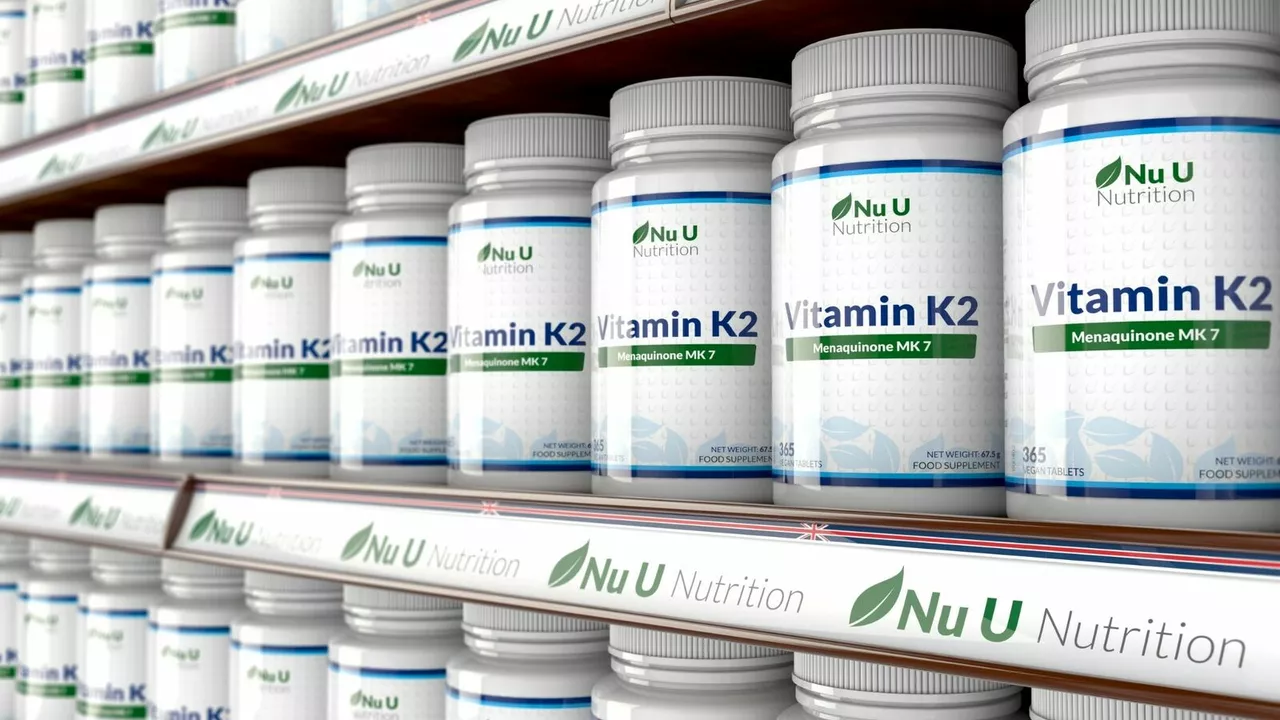Supplements: Practical Guide to Benefits, Safety, and What Works
Supplements can help fill gaps in your diet, support recovery after workouts, or manage specific health needs. But they are not magic pills. Before you buy, know what a supplement does, who actually needs it, and how to avoid waste or harm.
Start with basics: vitamins, minerals, omega‑3s, probiotics, and protein powders cover most common uses. Multivitamins are convenience, not insurance — they work best when you have clear deficiencies. Omega‑3 fish oil helps some heart and brain markers; vitamin D often matters for people with low sun exposure; probiotics can ease certain gut issues. Protein powders help meet higher protein needs when food falls short.
Pick the right supplement for your goal
First, define the goal. Is it correcting a deficiency, boosting energy, improving sleep, or supporting joint health? Then check for evidence. Look for supplements with human trials and clear dosing instructions. For example, if low vitamin D is confirmed by a blood test, a specific dose is better than guessing. If your goal is muscle recovery, choose a protein source with enough leucine per serving.
Don’t chase hype. Popular doesn’t equal proven. Online reviews and flashy labels sell products, but clinical studies matter more. Prefer products from brands that list exact ingredient amounts, not vague proprietary blends. Third‑party testing seals like USP, NSF, or Informed‑Choice add credibility.
Safety: interactions, dosing, and quality checks
Supplements can interact with prescription drugs. A few clear examples: vitamin K affects blood thinners, St. John’s wort can reduce some antidepressants or birth control effectiveness, and high doses of certain herbs can strain the liver. Always tell your doctor or pharmacist what you’re taking.
Keep doses realistic. More isn’t always better—fat‑soluble vitamins (A, D, E, K) can build up, and high doses may cause harm. Follow label directions and prefer short trials to see if you notice benefits. If a product claims fast fixes or miracle results, be skeptical.
Buy smart: choose reputable sellers, check expiration dates, and store supplements in a cool, dry place. For online purchases, read return policies and avoid sellers with poor reviews or vague contact info. When in doubt, pick forms that are easier for your body to use—liquid, softgel, or chelated minerals often absorb better than cheap tablet forms.
Track results. Keep a simple journal of what you start, dose, and any changes in symptoms. That makes it easy to spot benefits or side effects and to discuss outcomes with your clinician. If you notice new symptoms after starting a supplement, stop and consult a healthcare provider.
Our site covers drug interactions, alternatives, and real‑world treatment tips. Use the articles tagged "supplements" to compare options and find practical advice tailored to common health questions. Smart choices and safety checks turn supplements from a risky guess into useful tools for your health.
Timing and stacking matter. Take fat‑soluble vitamins with a meal containing fat for best absorption. Avoid taking high‑dose zinc and copper together—space them out. Start one product at a time so you can tell what works.
Vitamin D Supplements: A Simple Solution to a Complex Problem
Well folks, here's a tongue-twister for you - Vitamin D deficiency! It's a complex problem but, guess what? There's a simple solution - Vitamin D supplements. Pop a pill, soak up the sun (not too much, though), and voila! You're on your way to stronger bones and a healthier immune system. Ain't health science a marvelous thing? It's like magic, but with a white lab coat! So, don't let the D-saster (see what I did there) hit you, take charge with these wonderful little sunshine pills!

